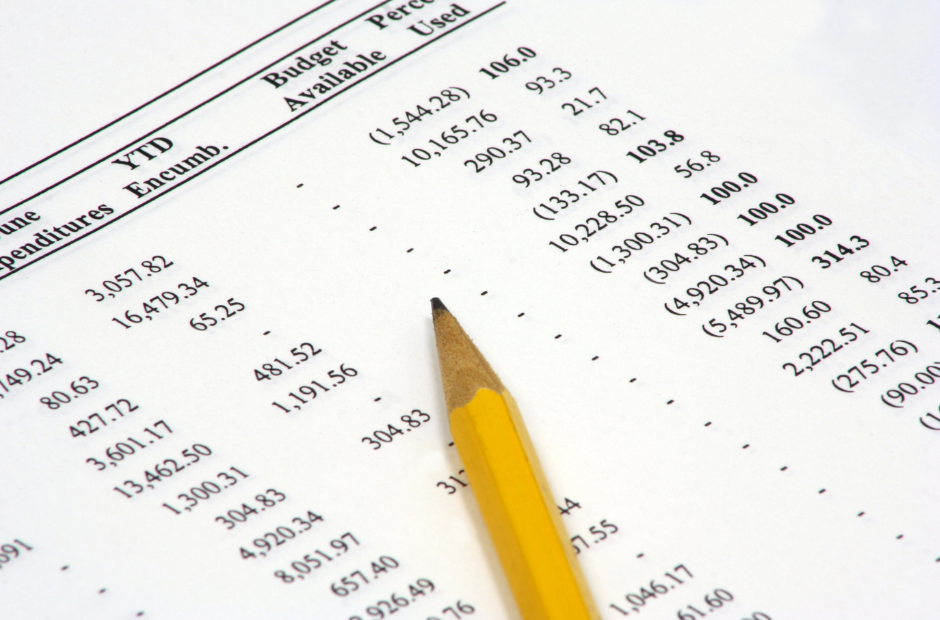These days understanding and managing the cost of living is crucial. Whether you've recently acquired a property or are settling into a rental, keeping your budget in check is essential for long-term financial well-being. In this guide, we'll explore practical strategies for residents to help navigate the cost of living and ensure financial stability.

Mapping Out Your Expenses:
The first step to mastering your budget is creating a comprehensive overview of your monthly expenses. Beyond mortgage or rent, consider utilities, groceries, transportation, healthcare, and any other recurring costs. This holistic approach ensures that no financial aspect is overlooked.
Location Matters:
The geographic location of your home significantly influences living costs. Urban areas typically have higher expenses than suburban or rural counterparts. Evaluate the trade-offs between the allure of city living and the potential savings found in less densely populated regions.
Smart Housing Choices:
Whether you're a homeowner or renter, making wise housing choices is key to managing your budget. Explore diverse options, from single-family homes to apartments, and carefully assess associated costs like maintenance, property taxes, and strata fees.

Financial Planning for Homeowners:
For homeowners, long-term financial planning is essential. Consult with financial advisors to discuss mortgage terms, interest rates, and explore opportunities for refinancing if necessary. Keep an eye on the market for potential adjustments to interest rates.
Utilities and Energy Efficiency:
Efficiently managing your household budget involves a focus on utilities and energy conservation. Opt for energy-efficient appliances to cut down on electricity costs over time. Conduct a home audit to seal drafts and air leaks, ensuring consistent indoor temperatures and reducing the strain on heating and cooling systems. Adopt simple daily habits like turning off lights and unplugging devices to further minimize utility expenses. These minor adjustments not only contribute to sustainability but also result in tangible, long-term savings on your monthly bills.

Transportation Strategies:
Evaluate your transportation options and costs. Consider proximity to public transit, carpooling, or even exploring eco-friendly alternatives like cycling or walking. Reducing your reliance on personal vehicles can have a positive impact on your budget.
5 BENEFITS OF LIVING IN A WALKABLE NEIGHBORHOOD
Healthcare and Insurance:
Research healthcare options in your area and understand associated costs. Ensure you have appropriate insurance coverage to mitigate unexpected medical expenses. Regular health check-ups and preventive measures can contribute to long-term cost savings.
Educational Considerations:
If you have children, research local education options and associated costs. Factor in school fees, extracurricular activities, and any other educational expenses when planning your budget.

Entertainment and Lifestyle Choices:
Assess your lifestyle choices and identify areas where you can cut back without sacrificing enjoyment. Explore cost-effective entertainment options, dine out strategically, and embrace frugal practices that align with your budgetary goals.
Regular Budget Reviews:
A budget is a dynamic tool that requires regular reviews. Stay proactive by reassessing your financial situation periodically, adjusting your budget to accommodate changes in income, expenses, or life circumstances.

Navigating the cost of living demands strategic planning and mindful decision-making. By adopting these practical tips, you can create a solid foundation for financial well-being. From smart housing choices to energy-efficient practices and regular budget reviews, mastering the art of managing living costs empowers you to build a secure and sustainable future.
Posted by Infinity Admin on


Leave A Comment